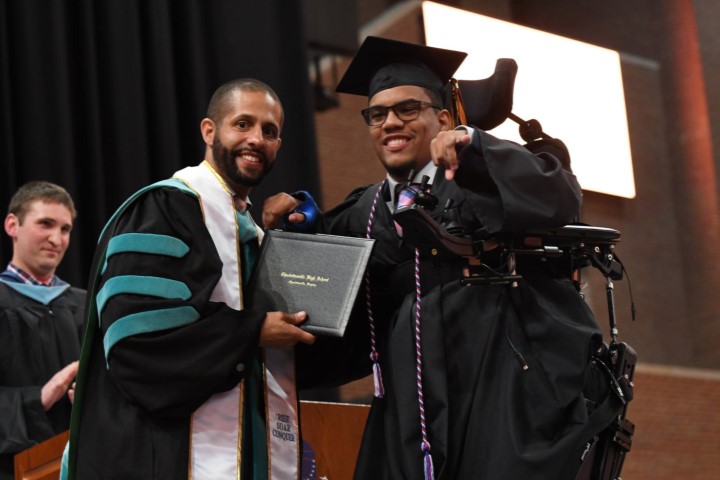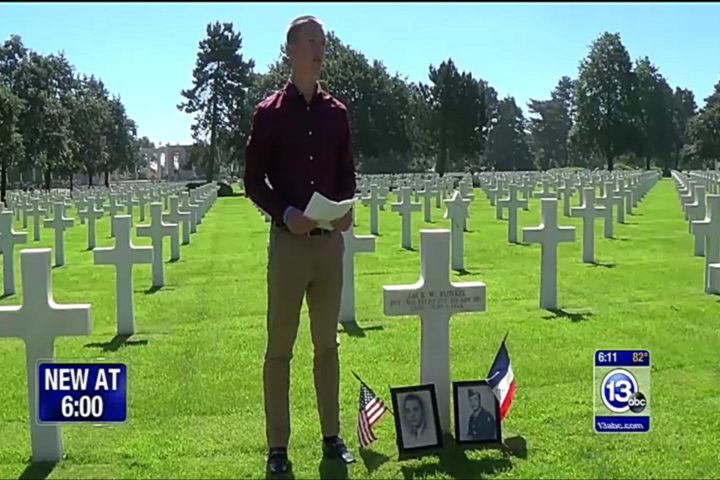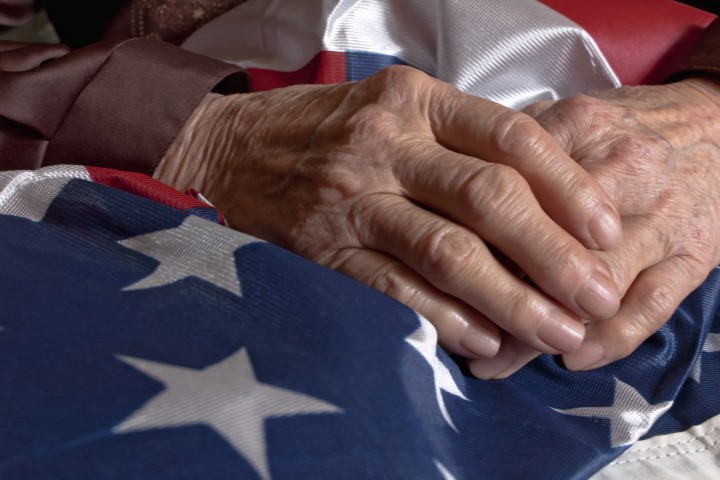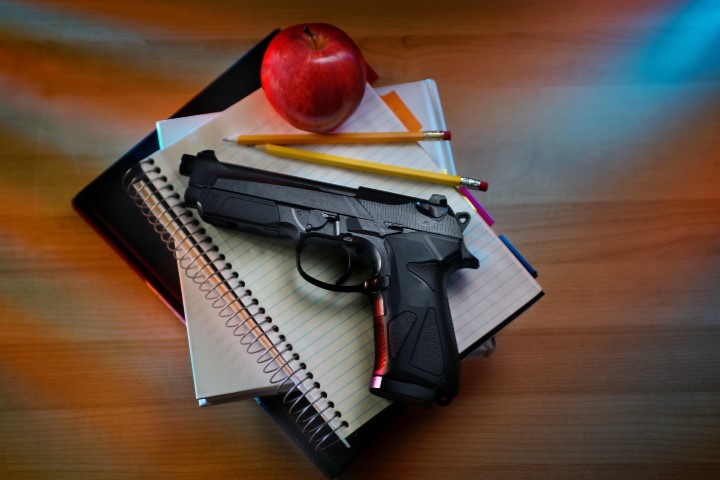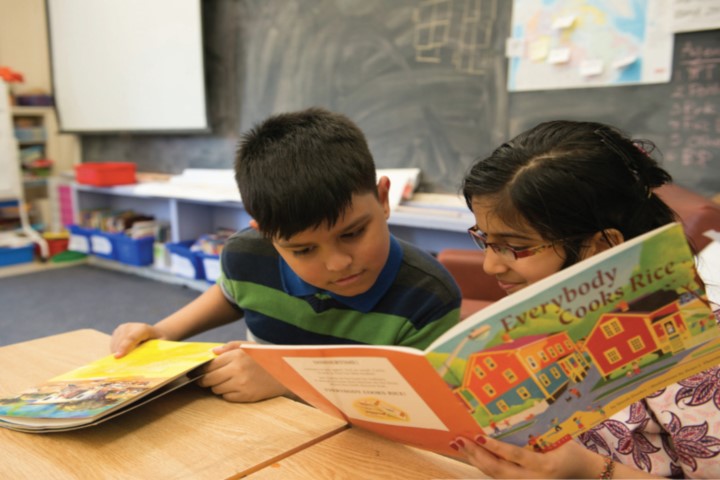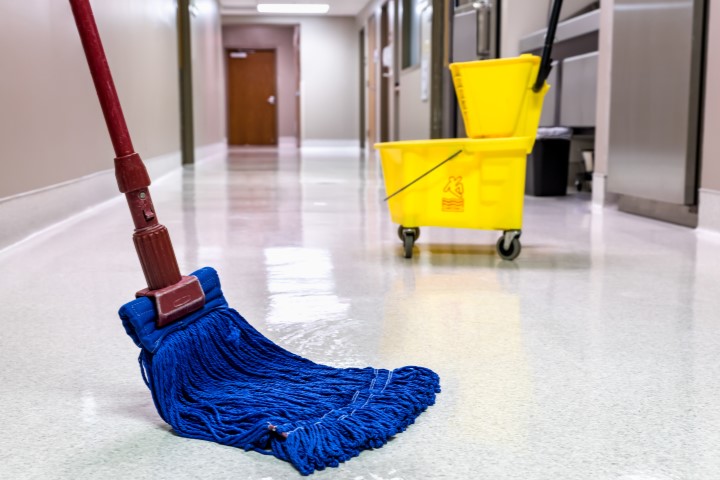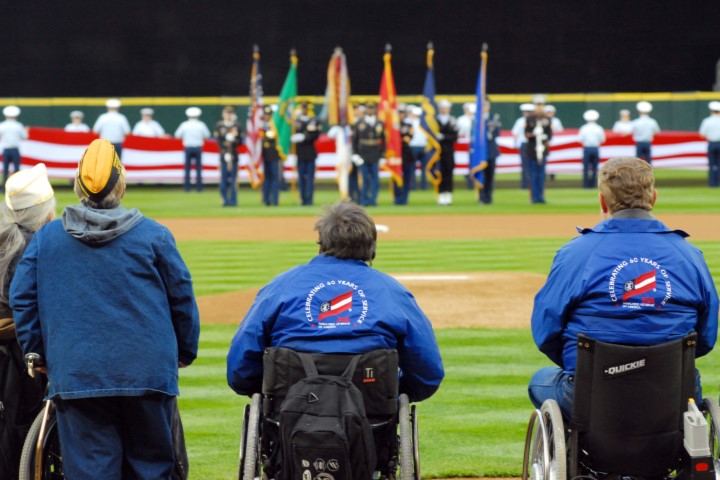Charlottesville, Virginia High School senior Julian Smith has had a lot of struggles in life, but with the persistence of his aunt and teachers at the Virginia school he graduated as a member of the National Honor Society in June – a feat some thought he’d never accomplish.
Smith was born with cerebral palsy, quadriplegia and several intellectual disabilities, which made for a difficult childhood growing up with his grandmother in Maryland. He struggled in school, in part because of his physical issues, but also because his teachers had little faith he could perform at the same level as his peers, The Daily Progress reports.
By the time Smith entered ninth grade, school officials said he had the cognitive abilities of a second- or third-grader, but his aunt Joanna Moore knew better. When Smith’s grandmother could no longer care for him, Moore took over and pushed the teen to live up to his potential.
“Up until that point, everyone just saw the wheelchair, saw the level he cognitively tested at and assumed he couldn’t do the work, he couldn’t be in the general population classes,” Moore told the news site. “I know his capabilities and I knew how smart he was, and I knew I had to fight.”
Moore said it wasn’t easy. The two studied relentlessly to help Smith get through the basics.
“At first it was catching up: addition, subtraction, multiplication – things no one had ever thought he could learn and so no one had bothered to teach him,” Moore said. “That was a lot of work, and I think both of us struggled.”
“High school was very hard at first, just getting used to how everything worked and the speed, especially for me, because I can’t think as fast as other people can,” Smith said. “It took memory, a lot of studying and a lot of concentration.”
It also took a different kind of school – with educators who believed in him – to help Smith flourish. When the two moved to Charlottesville for Moore to attend the University of Virginia, Smith’s experience at school drastically changed.
Unlike his teachers in Maryland, educators at Charlottesville High School shared Moore’s confidence Smith could excel in his studies – and he did.
“He loved it, I loved it, he felt so supported,” Moore said. “They had so many different mechanisms to get him to succeed. They believed in him.”
On June 14, Smith graduated with honors and with acceptance letters from three universities: Wright State University in Ohio, Edinboro University in Pennsylvania and Old Dominion University in Norfolk, which he ultimately chose to stay close to home, The Daily Progress reports.
Smith’s inspiring story is one example of the profound impact adults can have on students – a reality researchers at the Institute of Advanced Studies in Culture noted in “The Content of Their Character,” an analysis of character education in a wide variety of schools.
“As a rule, students want their teachers to think well of them and respect them, and they recognize teachers as role models as they do other adults, such as coaches, administrators, and parents,” according to the study.
Without Moore and educators at Charlottesville High School, Smith undoubtedly would not have been so successful.
The Jubilee Centre for Character and Virtues offers other examples of students “Flourishing From the Margins” to highlight how parents and educators can achieve similar results.
